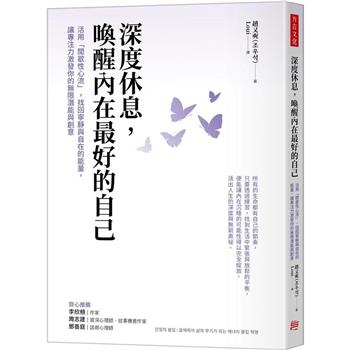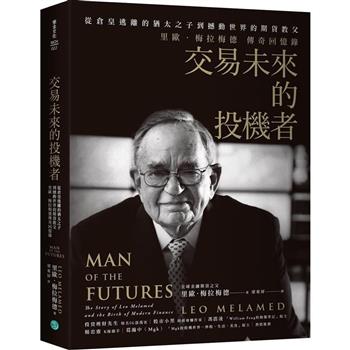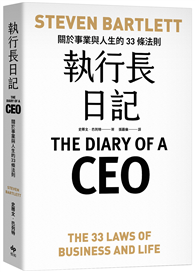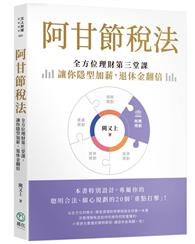"Trade Marks: The Merchandise Marks Act, 1862" provides a detailed examination of the legal framework surrounding trademarks in mid-19th century England. Authored by Harry Bodkin Poland, a Barrister-at-Law from the Middle Temple, this work delves into the intricacies of the Merchandise Marks Act of 1862, exploring its implications for businesses and individuals alike. The text elucidates key legal concepts such as misdemeanor, chattel ownership, and the role of courts of equity in trademark disputes.
The book references important cases and figures, including William Atherton and Rogers Harding, offering insights into the practical application of the law. Topics covered include forgery, counterfeit trademarks, bankruptcy, and the prosecution of offenses in the Central Criminal Court and Quarter Sessions. This historical legal text provides a valuable resource for understanding the evolution of trademark law and its impact on commerce during the era of the CONSOLIDATION ACTS.
This work has been selected by scholars as being culturally important, and is part of the knowledge base of civilization as we know it. This work was reproduced from the original artifact, and remains as true to the original work as possible. Therefore, you will see the original copyright references, library stamps (as most of these works have been housed in our most important libraries around the world), and other notations in the work.
This work is in the public domain in the United States of America, and possibly other nations. Within the United States, you may freely copy and distribute this work, as no entity (individual or corporate) has a copyright on the body of the work.
As a reproduction of a historical artifact, this work may contain missing or blurred pages, poor pictures, errant marks, etc. Scholars believe, and we concur, that this work is important enough to be preserved, reproduced, and made generally available to the public. We appreciate your support of the preservation process, and thank you for being an important part of keeping this knowledge alive and relevant.












